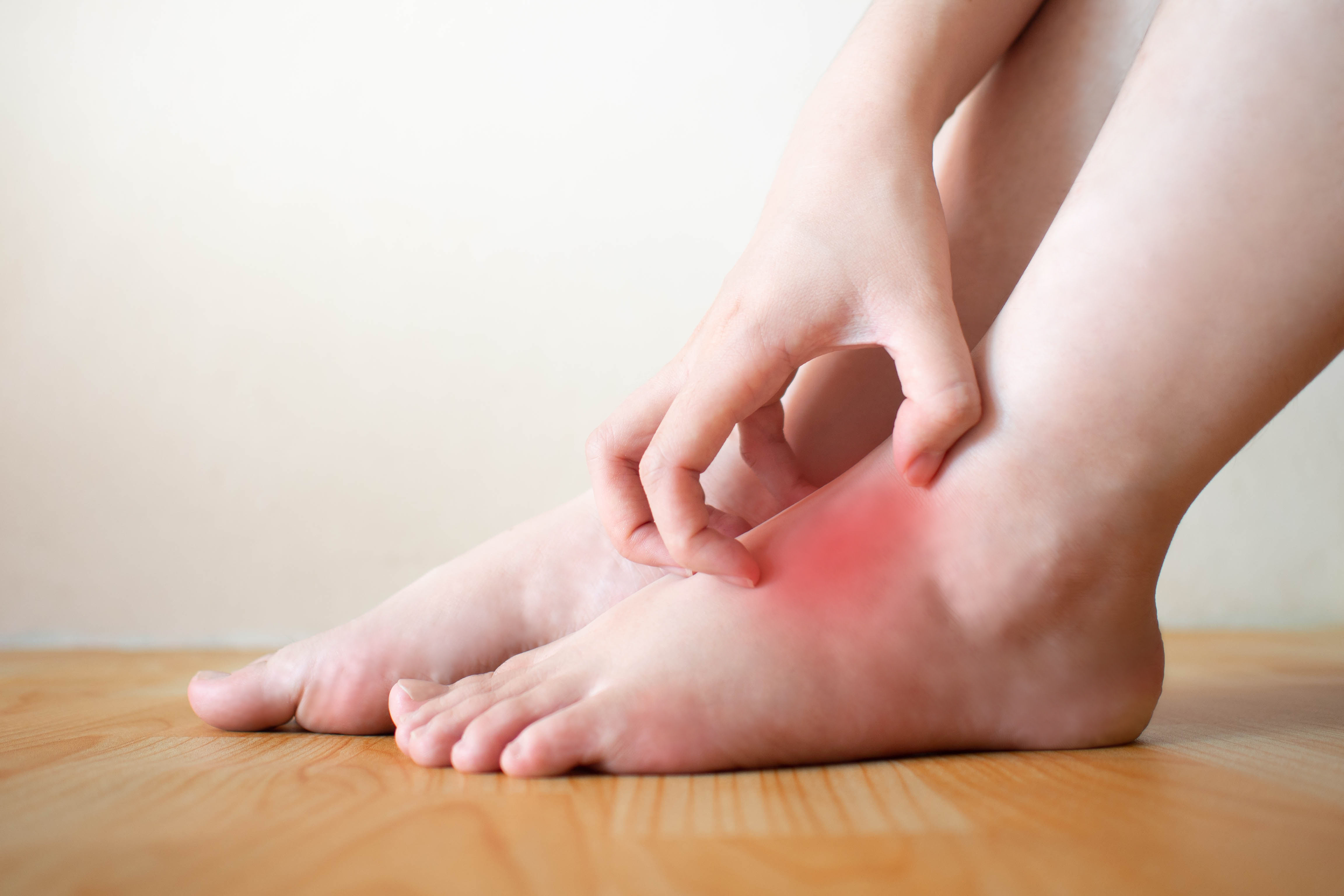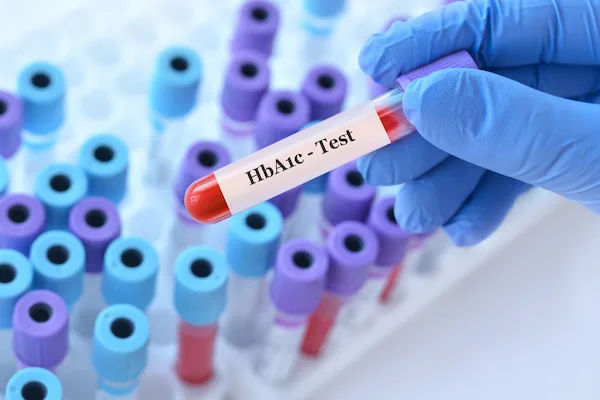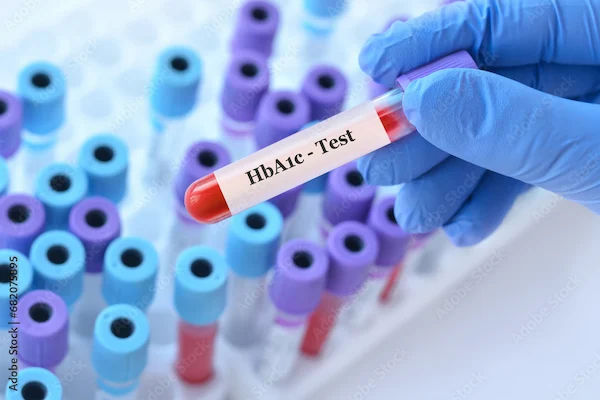H3N2 Treatment Options and Guidelines
Learn about H3N2 flu treatment options, including antiviral medications, home care remedies, and medical guidelines for managing symptoms and preventing complications.


The H3N2 influenza virus is a common strain of the flu that can cause mild to severe illness. If you or a loved one has been diagnosed with H3N2, it’s natural to feel concerned. The good news is that with the right treatment and care, most people recover fully. This article will guide you through the symptoms, treatment options, and preventive measures to help you manage H3N2 effectively.
Understanding H3N2 Influenza
H3N2 is a subtype of the influenza A virus that causes seasonal flu outbreaks. It spreads easily through respiratory droplets when an infected person coughs, sneezes, or talks. Symptoms usually appear 1-4 days after exposure and can last for about a week or longer in some cases.
Common Symptoms of H3N2
High fever (often sudden)
Chills and body aches
Fatigue and weakness
Sore throat and dry cough
Runny or stuffy nose
Headache
Nausea or vomiting (more common in children)
In severe cases, H3N2 can lead to complications like pneumonia, bronchitis, or worsening of existing health conditions (e.g., asthma, diabetes, heart disease).
Treatment Options for H3N2
While most people recover with rest and home care, antiviral medications and supportive treatments can help reduce symptoms and prevent complications.
1. Antiviral Medications
Antiviral drugs are most effective when taken within 48 hours of symptom onset. They can:
Shorten the duration of illness
Reduce symptom severity
Lower the risk of complications
Commonly prescribed antivirals for H3N2 include:
Oseltamivir (Tamiflu) – Oral medication
Zanamivir (Relenza) – Inhaled medication
Peramivir (Rapivab) – Intravenous (IV) treatment (for severe cases)
Note: Antibiotics do not work against the flu since it is caused by a virus, not bacteria.
Consult Top Specialists
2. Supportive Care at Home
If you have mild symptoms, these home remedies can help:
Rest: Your body needs energy to fight the virus.
Hydration: Drink plenty of water, herbal teas, or broths to prevent dehydration.
Fever management: Use paracetamol (acetaminophen) or ibuprofen to reduce fever and body aches. (Avoid aspirin in children due to the risk of Reye’s syndrome.)
Warm saltwater gargles: Helps soothe a sore throat.
Steam inhalation: Relieves nasal congestion.
3. When to Seek Medical Help
Contact a doctor immediately if you or a family member experiences:
Difficulty breathing or chest pain
Persistent high fever (above 102°F)
Severe weakness or confusion
Bluish lips or face (sign of low oxygen)
Worsening of chronic conditions
High-risk groups (elderly, pregnant women, young children, and those with chronic illnesses) should consult a doctor early to prevent complications.
Preventing H3N2 Infection
1. Get Vaccinated
The seasonal flu vaccine is the best way to protect yourself. While it may not prevent all cases, it reduces severity and complications.
2. Practice Good Hygiene
Wash hands frequently with soap and water.
Use alcohol-based sanitizers when soap isn’t available.
Avoid touching your face, especially eyes, nose, and mouth.
Cover your mouth while coughing/sneezing (use a tissue or elbow).
3. Boost Your Immunity
Eat a balanced diet (rich in fruits, vegetables, and proteins).
Stay physically active (moderate exercise helps immunity).
Get enough sleep (7-9 hours for adults).
4. Avoid Close Contact with Sick Individuals
If someone at home has the flu, maintain distance, wear a mask, and disinfect surfaces regularly.
When to Return to Normal Activities?
Wait until:
Fever is gone for at least 24 hours (without fever-reducing medicines).
Cough and fatigue improve.
This helps prevent spreading the virus to others.
If you suspect H3N2 or need guidance on treatment, Apollo 24|7 offers:
Online doctor consultations
Lab tests for flu diagnosis
Prescription services for antiviral medications
Book an appointment today for personalised care and faster recovery!
Conclusion
H3N2 flu can be uncomfortable, but with timely care and preventive measures, most people recover well. Stay informed, follow medical advice, and take steps to protect yourself and your loved ones.
Consult Top Specialists
Consult Top Specialists

Dr. Rajib Ghose
General Physician/ Internal Medicine Specialist
26 Years • MBBS
Kolkata
B Ghose Foundation Doctor's Chamber, Kolkata
(25+ Patients)

Dr. Rajib Ghose
General Practitioner
25 Years • MBBS
East Midnapore
VIVEKANANDA SEBA SADAN, East Midnapore

Dr. Debashis Nayak
Endocrinologist
8 Years • MBBS, DNB (Internal Medicine), PG Diploma ( Diabetes & Endocrinology )
Rourkela
Apollo Hospitals, Rourkela, Rourkela
Dr. Sujay P R
General Physician/ Internal Medicine Specialist
3 Years • MBBS
Bengaluru
PRESTIGE SHANTHINIKETAN - SOCIETY CLINIC, Bengaluru

Dr. Ashita Kuruvilla
General Practitioner
6 Years • MBBS
Kolkata
KVC CLINIC, Kolkata




